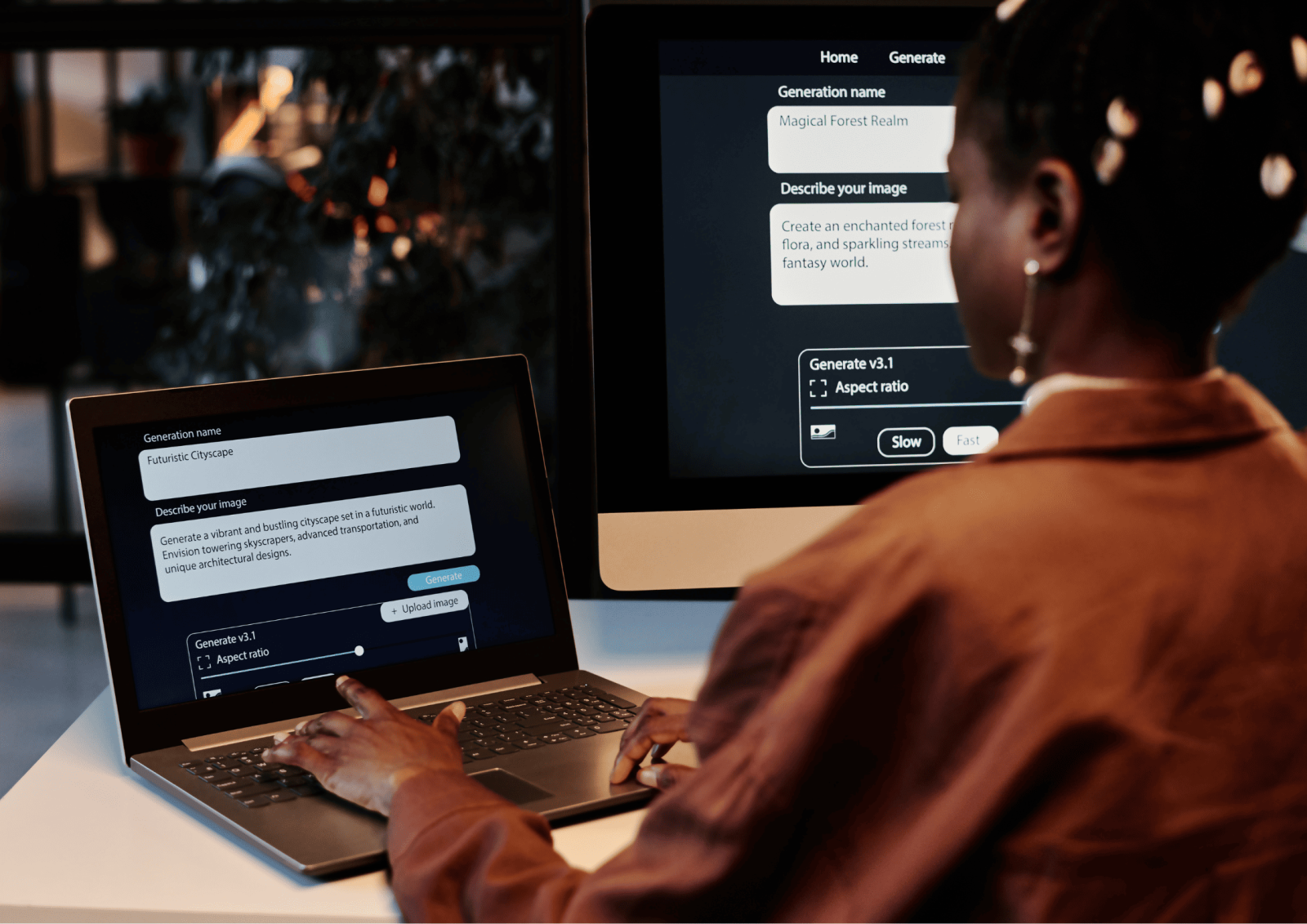
CIFAL Lebanon - Artificial Intelligence and Professional Skills
CIFAL Lebanon, CIS College, Global CEO Alliance
Introduce participants to the foundations of Artificial Intelligence and its relevance across sectors.
• Highlight the ethical, governance, and societal implications of AI adoption.
• Demonstrate how AI tools can enhance productivity, creativity, and decision-making in professional contexts.
• Strengthen human-centered professional skills with the support of AI-driven platforms.
• Support participants in developing personal strategies for AI adoption, career planning, and upskilling.
CIFAL Lebanon and CIS College are pleased to present a workshop on “Artificial Intelligence and Professional Skills.” The workshopcontributes to a broader effort to build future-ready capacities that enable individuals and organizations to adapt to rapid technological change in the workplace. Artificial Intelligence is no longer a niche field; it is a transformative force shaping industries, economies, and everyday professional tasks. Understanding AI concepts and applying them responsibly is essential for professionals seeking to remain competitive, innovative, and resilient in the digital age. At the same time, the demand for human-centered skills such as communication, negotiation, and emotional intelligence is rising, particularly as these skills complement AI-driven tools. Through this 20-hour workshop, participants will gain foundational knowledge of AI systems and their applications across sectors, while also strengthening professional skills supported by AI tools. The training combines conceptual learning, hands-on practice, and personal career planning, equipping participants with the knowledge, tools, and strategies needed to thrive in an AI-augmented future of work.
- Understand core AI concepts, including generative AI, machine learning, and large language models.
- Identify real-world applications of AI in education, healthcare, business, and other fields.
- Evaluate ethical risks such as bias, misinformation, and compliance with global frameworks.
- Apply AI tools for writing, planning, analysis, and workflow automation.
- Design effective prompts and build AI-supported decision-making processes.
- Enhance soft skills such as emotional intelligence, negotiation, and public speaking using AI simulations and feedback tools.
- Assess labor market changes driven by AI and create a personal upskilling and career roadmap.
Session 1: AI Foundations & Emerging Trends
- Introduction to AI, machine learning, generative AI, and large language models.
- Exploration of AI applications across key sectors.
- Hands-on use of tools such as ChatGPT and AI dashboards.
Session 2: Responsible AI & Governance
- Ethical issues, bias, and misinformation in AI systems.
- Global and organizational governance frameworks.
- Development of an AI ethical checklist through collaborative exercises.
Session 3: AI for Decision-Making & Productivity
- Prompt engineering and workflow automation.
- Tools for writing, planning, and strategic decision-making.
- Simulation labs to apply AI in real-world scenarios.
Session 4: AI & Human-Centered Skills
- Enhancing communication, negotiation, and emotional intelligence with AI support.
- Role-play and feedback using AI-powered applications.
- Critical reflection on AI-human synergy.
Session 5: The Future of Work & Personal AI Strategy
- Analysis of jobs at risk and opportunities created by AI.
- Career upskilling pathways and personal AI adoption strategies.
- Final presentations, feedback, and certification.
1. Interactive Lectures: presentations introduce core AI concepts, ethical considerations, and professional skills frameworks.
2. Case Studies & Group Discussions: real-world scenarios encourage critical thinking and peer learning on AI’s impact across industries.
3. Hands-On Tool Practice: participants engage directly with AI platforms such as ChatGPT, Canva, Notion AI, and negotiation simulators to build practical skills.
4. Simulation Exercises: role-play and workflow labs provide opportunities to apply AI tools in decision-making, communication, and workplace contexts.
5. Collaborative Projects: participants co-develop ethical checklists, productivity workflows, and career roadmaps, reinforcing applied learning.
6. Final Presentations & Feedback: course concludes with participant presentations of personal AI adoption strategies, followed by peer and facilitator feedback.
- Professionals seeking to integrate AI into their work and decision-making.
- Jobseekers aiming to strengthen digital and future-ready skills.
- Educators interested in applying AI in teaching and learning contexts.
- Entrepreneurs exploring AI tools for innovation and productivity.
- NGO staff and development practitioners looking to leverage AI responsibly in social impact initiatives.

